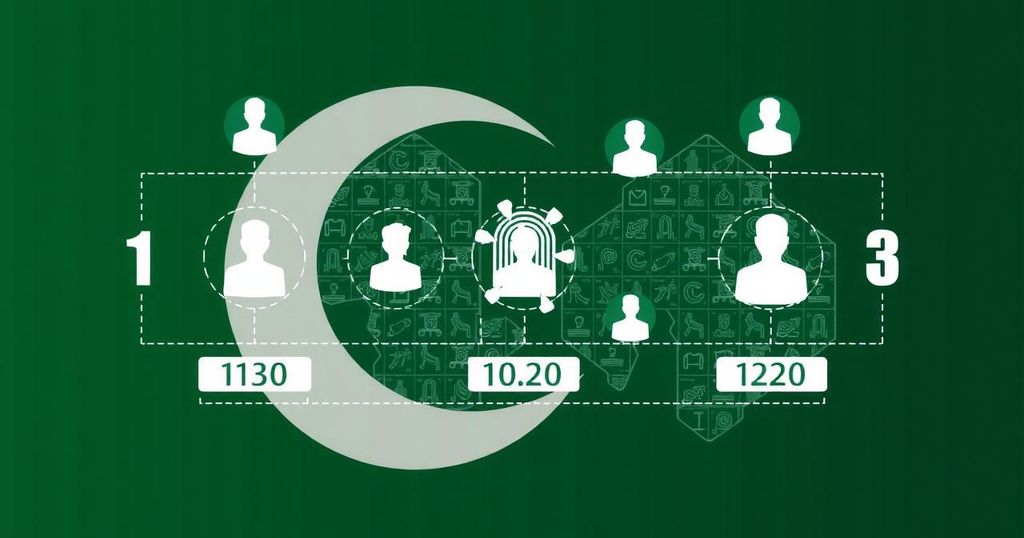Summary
Easypaisa has begun charging a fee for failed biometric verification attempts, responding to NADRA’s mandatory verification requirements. Users are charged 99 rupees ($0.36) for failures caused by biometric verification issues. This regulation aims to combat fraud and improve security in financial transactions. Additionally, a phased approach for mandatory biometric verification for vehicle registrations has been announced by the Sindh excise department, set to be fully enforced by November 2024.
Easypaisa, a digital financial services platform in Pakistan, has recently initiated fees for users who experience failed biometric verification attempts. This move aligns with the mandatory biometric verification requirements instituted by NADRA (National Database and Registration Authority), which aims to link all financial transactions to verified biometric data to bolster security and mitigate fraud risks. Users with failed biometric verification attempts are now charged 99 rupees (approximately $0.36), a fee that is deducted from their accounts. However, many users have expressed frustration with this new policy, citing frequent verification failures, often attributed to inadequate biometric data capture quality or technical difficulties within the Easypaisa app. Easypaisa clarified that, outside of these specific failure circumstances, users will not incur any charges for successful biometric verifications. In conjunction with Easypaisa’s policy, the financial landscape in Pakistan has witnessed a growing emphasis on mandatory biometric verification. Recently, the Sindh excise department announced a new regulation mandating biometric checks for vehicle registrations and transfers, implementing this process in phases starting July 1, 2024, with subsequent requirements for buyers and sellers expected by November 1, 2024. Sindh Senior Minister Sharjeel Inam Memon affirmed that this initiative is part of a broader strategy to digitalize public services and enhance transparency in governmental operations. Vehicle owners can complete their biometric processes at designated NADRA e-facilitation centers and district excise offices. Earlier in the year, NADRA also established a partnership with the Pakistan Telecommunication Authority (PTA) to facilitate identity verification for telecom service providers using biometric data.
The introduction of fees for failed biometric verifications by Easypaisa reflects a significant shift in Pakistan’s digital finance landscape, driven largely by government regulations aimed at enhancing security measures within financial transactions. NADRA’s initiative is a response to growing concerns over fraud and the need for a robust identification framework within the digital economy. As regulatory requirements expand, various sectors, including automotive services, are progressively adopting biometric verification processes to ensure secure and trustworthy transactions. The move toward mandatory biometric verification serves to strengthen the security of financial services and protect against identity theft and fraudulent activities in Pakistan’s increasingly digital marketplace.
In conclusion, the enforcement of fees for failed biometric verification by Easypaisa is indicative of Pakistan’s push towards a more secure digital financial environment. With the government mandating biometric verification across various sectors, including financial transactions and vehicle registration, stakeholders must adapt to these changes to ensure compliance and security. The challenges faced by users during verification highlight the need for improving technology and processes within digital platforms. As the digital landscape evolves, ongoing collaboration between government entities and service providers will be crucial to achieving the desired outcomes of enhanced security and transparency.
Original Source: www.biometricupdate.com





